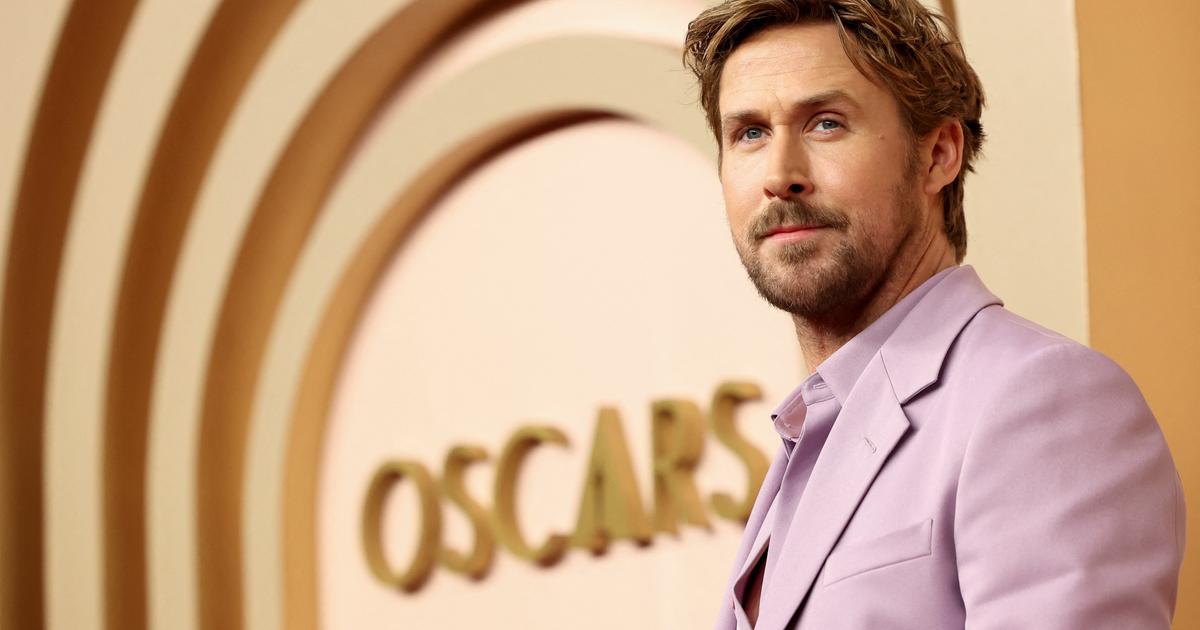Chuck Collins in Washington, on December 1, 2022.Xavier Dussaq
American Chuck Collins, born in Madison (Wisconsin, USA) in 1959, is the great-grandson of Oscar F. Mayer, founder of the meat company that bears his name.
At the age of 26, he received an inheritance of $500,000 (the equivalent of $1.4 million today) and donated it to various foundations for social works.
“I am proud of my family and the company, but I felt that after four generations the cycle of wealth had to come to an end.
I wanted to make my own way, ”he explains, affable, in an interview in Washington.
His path has been that of an activist and academic expert on inequality, tax policy and hereditary wealth.
He directs the inequality program at the Washington Institute for Policy Studies.
In his book
From him The wealth accumulators
(Alianza Editorial, 2022) he portrays what he calls the wealth defense industry.
Collins denounces how billionaires use tools to avoid taxes, frequently hold political power hostage, and disguise as philanthropy what is often a way to perpetuate their wealth and power.
QUESTION
.
In his book, you say that the rich spend millions to save billions.
How does that wealth defense industry work?
ANSWER
.
When people have considerable wealth they can hire professionals, lawyers, tax experts, accountants and wealth managers who get up every morning to study how to protect that wealth, minimize taxes and pass as much as possible to the next generation.
That is your North Star.
Over time, in the US, tax inspection has weakened.
So now, for the very rich, taxes are becoming optional.
The wealth defense industry has many tools to move money behind the scenes: trusts,
offshore
corporations, shell companies…
Q.
In addition, you maintain that they pressure to change the laws.
A.
They say that they only help their clients comply with the law, but what my book tries to show is that they make the rules so that their clients have carte blanche.
They pressure state governments to literally change their laws and allow perpetual or dynastic trusts, which can exist for centuries.
They are not benign and have been very successful.
In the US we have an inheritance tax from 105 years ago.
It was launched not only to raise revenue, but also to curb concentrations of wealth and power.
There was concern that it would undermine democracy.
Now it's almost optional for the ultra-rich.
Q.
You attack dynastic wealth.
What do you think of the self-made rich who have built businesses and worked hard?
A.
In a dynamic society there will always be people who can invent something or create something useful and be rewarded for it, so we should celebrate entrepreneurs.
But after a certain point they start to focus on defending their wealth, and that's when it becomes corrupt and corrosive, when they start to use their power to build monopolies, fend off competition, avoid taxes or create dynastic wealth.
Q.
You gave a commencement address at Harvard Business School asking students not to work for business.
R.
There is a whole debate about Effective Altruism, defended by Sam Bankman-Fried [founder of the FTX cryptocurrency market and now prosecuted].
That philosophy says: go out there, make a lot of money no matter how you do it, and then do good with it.
What I'm saying is: don't dance with the devil.
Don't work for the devil, for the billionaires who already have all this wealth and power.
If you want to do good, work for the community, for the tax authorities, to create affordable housing... There are many meaningful jobs.
I have met many people in their 60s and 70s, lawyers and tax consultants, who regret spending their entire lives helping the rich get richer.
Who feel they have sold their souls and see the damage the concentration of wealth and power has caused.
Some have helped me understand the system or collaborate with the groups that fight it.
What we know about this hidden wealth system is due to leaks, the Pandora Papers and others.
We have learned how the system works because people inside those companies have given information.
And that system of hidden wealth is breaking down.
Q.
Jeff Bezos, the founder of Amazon, has announced the donation of much of his fortune, but you are skeptical about this and other announcements, including the philanthropic campaign started by Warren Buffett and Bill Gates, the Giving Pledge.
Why?
A.
It's great when they donate, but we must be skeptical.
Even the initial Giving Pledge group of some 70 billionaires who pledged 12 years ago to give away half their wealth during their lifetime, have since doubled in wealth.
Their wealth is growing so fast that they can't give it away fast enough.
MacKenzie Scott, Bezos's ex-wife, is a case in point.
She has donated 14,000 million in five years and she no longer controls them.
The press should ignore the ads and pay attention to the money coming out the door.
Q.
Do you distrust philanthropy?
A.
They are our tax dollars.
If I'm a billionaire and donate a dollar to my private foundation, I get up to 73 cents in tax breaks.
We, as taxpayers, subsidize the charitable giving of billionaires.
They should pay higher taxes and let society decide how the money is invested.
Philanthropy is fundamentally undemocratic.
It is becoming an extension of the wealth, power and influence of the billionaire class.
It is not a substitute for a fair tax system.
Q.
You denounce the use of philanthropy to pursue political objectives.
A.
More and more people are using philanthropy as a tool of influence.
They give money to candidates directly, to political organizations, think tanks, research groups, so people are using philanthropy as a weapon to further their political goals on the left and on the right.
Q.
How do you see that Buffett and Gates have promised not to transfer their fortune to their heirs?
A.
I think it's great that they said they're not going to create dynasties, unlike the Mars family, the Waltons, the Kochs, who are investing in multi-generational wealth hoarding.
That they won't is good, but it's still not a substitute for taxes.
I worked with Bill Gates Sr.
We wrote a book about why we should have an inheritance tax and he used to say, "Don't you think it's wrong that my son can take $100 billion of the Microsoft fortune, put it in a foundation and never pay taxes?"
There should be a limit on the amount you deduct.
Q.
What do you think of Elon Musk?
R.
It is an example that a large part of the wealth of billionaires is built on investments and public aid.
He is also an example of a successful businessman, with Tesla, Starlink, SpaceX, but now he is going to the oligarchic phase, which consists of exercising his power.
Owning Twitter is part of an extension of power.
It is as if you bought a newspaper, you bought the media, you bought the town square.
There they go from being billionaires to oligarchs.
Q.
Are there too many loopholes in the US that allow wealth to be hidden?
R.
The revelation of the Pandora papers is that the US has become one of the largest tax havens.
We are the weak link in the world system, and wealth moves in the shadows, in the least regulated spaces.
And within are a dozen states where the defense of wealth industry has captured the state political system and rewritten the laws.
Q. Do you
think that the concept that the population has of the rich and wealth is different in the US than in European countries like Spain?
R.
In the US we have a very high tolerance for inequality if people believe that wealth is earned fairly and there is equal opportunity.
What has changed in the last two years is that people believe that the rules are rigged, that the rich are gaming the system.
And that's why I think the US is also becoming skeptical of concentrated wealth.
Q.
Is that perception changing with the new generations?
A.
Younger people understand that the rules are rigged.
They have more student debt and are not going to have affordable housing while seeing politics being corrupted and captured by big money.
So the younger ones are even more skeptical.
And the narrative that justifies wealth, the mythology of entitlement is changing because people see that they have received government aid, they have cornered the market, they have driven out their competitors, they use their power to protect their wealth and change the laws.
Subscribe here
to the weekly newsletter of Ideas.
Subscribe to continue reading
Read without limits
Keep reading
I'm already a subscriber









